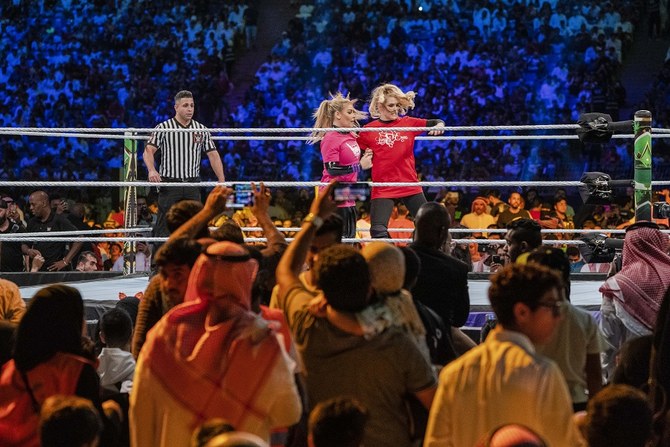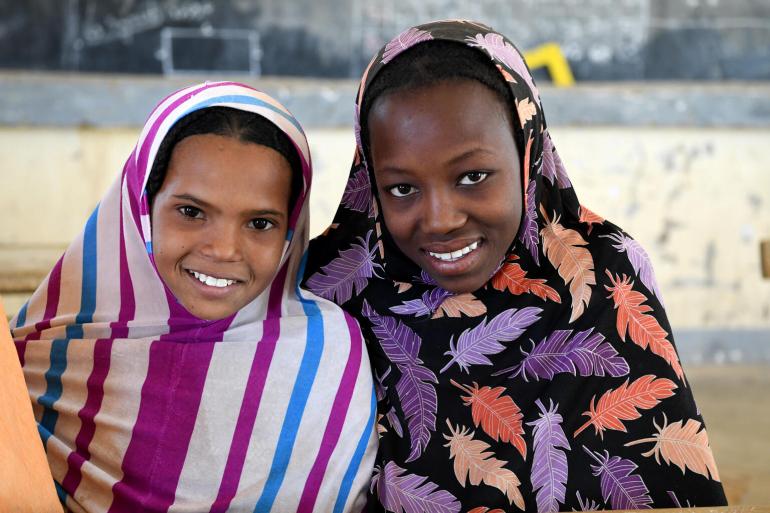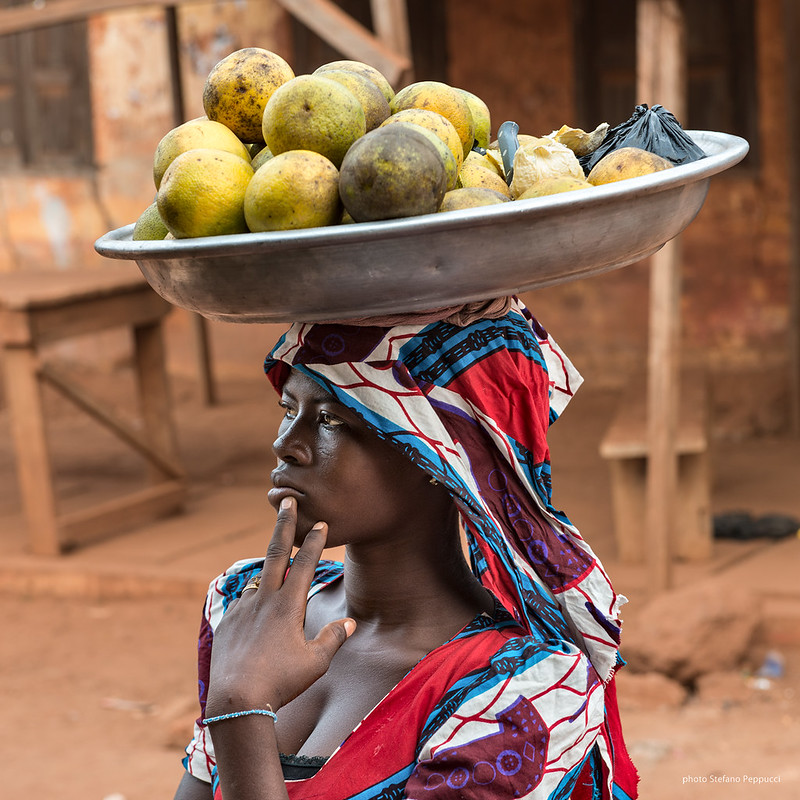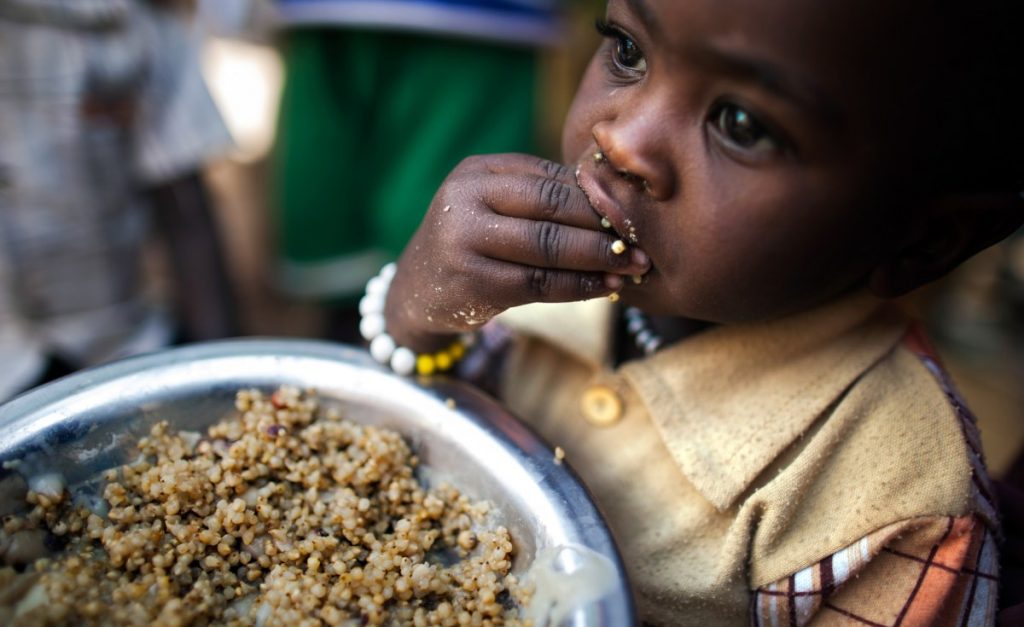As Saudi Arabia expands its entertainment and sports industry, critics warn that high-profile ventures such as women’s wrestling tournaments and mega-stadiums do little to address the country’s deeper economic and social problems.
Lavish Spending Amid Everyday Struggles
Saudi Arabia has invested billions of dollars into global entertainment and sports as part of Crown Prince Mohammed bin Salman’s Vision 2030 initiative. These projects include major international events, new sports leagues, and the introduction of women’s athletic competitions — including wrestling — once banned under the kingdom’s strict social rules.
While these reforms are praised for promoting modernization, critics argue that they mask ongoing issues of unemployment, rising living costs, and poverty in several regions of the country. Many citizens say that instead of glamorous spectacles, what they need are stronger welfare programs and real economic opportunities.
Critics Accuse the Kingdom of “Sportswashing”
International watchdogs have described the kingdom’s sports investment strategy as “sportswashing” — using entertainment and global attention to soften criticism of its human rights record.
A report by the Council on Foreign Relations (CFR) highlights concerns that these events are designed to project an image of openness rather than genuine reform.
Similarly, Human Rights Watch (HRW) has documented labor abuses and displacement linked to Saudi “giga-projects,” questioning whether such development benefits the population.
Calls for Real Reform
Analysts and reform advocates say that stability and progress cannot be achieved through stadiums and sporting spectacles alone. They urge the government to focus on inclusive reforms, transparent governance, and fair wealth distribution.
Empowering women in sports is a welcome step, they note — but without tackling inequality and poverty, it risks remaining a symbolic gesture rather than a true social transformation.






